Common Misconceptions about Grant Writers
Every profession has to battle perceptions of those outside their industry. Grant writers are no different. We personally have experience trying to debunk some myths to nonprofit directors and board members, and those perceptions can be difficult to change!
Here are the top three we run into, although there are plenty more out there.
Grant applications with word limits take less time.
Could NOT be further from the truth! It’s much quicker to dump all the good narrative we have into an application and know that all our bases are covered. When word limits come into play, it takes time to shave down what we know are 100% accurate, compelling paragraphs into answers that fit but are still accurate and compelling. That.takes.time! (Can I get an amen?!)
Hiring a professional grant writer means we are guaranteed to win.
While we will put our best foot forward, there are so many factors that influence a funder’s decision that are out of my control as the grant writer. Many times the decision depends on funder preferences that are not actually published. Sometimes it’s the financial records or parts of the actual program that the funder does not like, as opposed to my writing and articulation of the organization.
Win percentage and total amount won are the most accurate measures
of a grant writer’s success.
Imagine this: A small nonprofit hires a grant writer to branch out into regional and national grant pursuits but keeps the simple application to a local funder that’s granted them money every year since 1979. So the grant writer is approaching new funders who’ve never heard of the organization, applying for highly competitive grants against even more organizations than on the local level, and probably not receiving any guidance from the funder. The win percentage for those larger grants will be lower than the local grants.
This is Gateway’s reality, so win percentage is not an accurate measure when it’s the only measure considered. In fact, cost-per-dollar-raised really gets down to how much money a grant writer can put back into the nonprofit’s pocket, and that’s rather important!
We are always thankful when a client comes to the table understanding our role and having reasonable expectations. We feel seen. And we are also always thankful for opportunities to shed light on common misconceptions - our job becomes a lot easier when our clients know exactly what to expect.
Fellow grant writers, what other myths have you had to debunk over the years? Nonprofit folks, what are some expectations you have about grant writers and winning grants?

